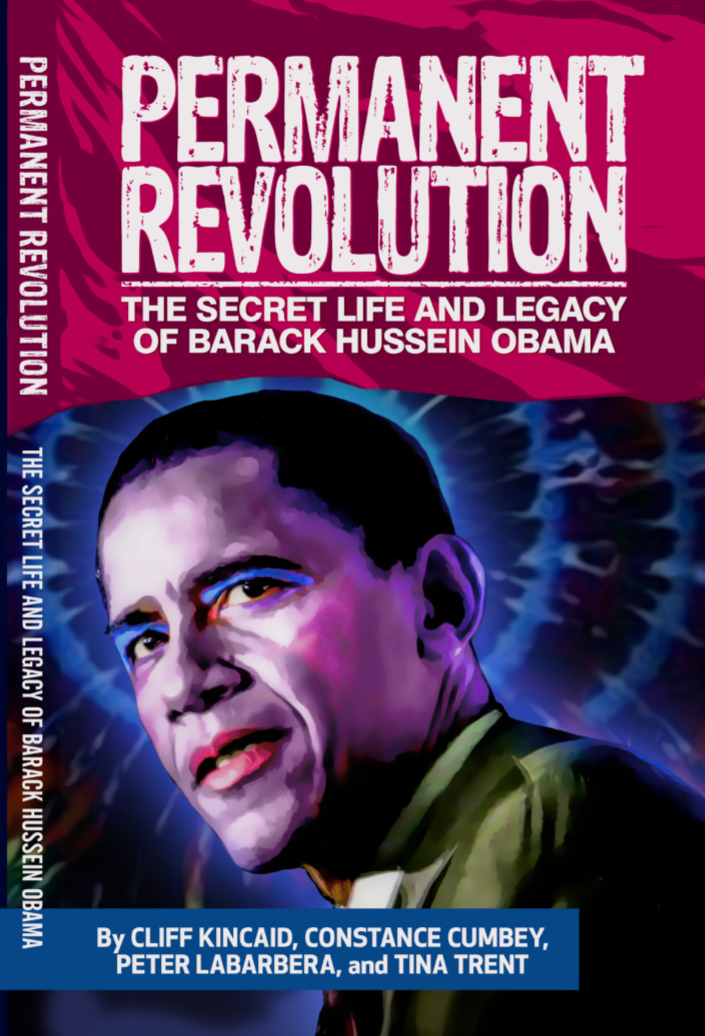 Was the Baltimore Attack Retaliation from Iran? By Cliff Kincaid What triggered the power on the cargo ship to go out? Just an accident, says Maryland Governor Wes Moore. What does that mean? A friend says this, while watching the government officials pat themselves on the back: “What the hell has happened to culture in government? These bureaucrats are so self-obsessed that they only see catastrophes through their own eyes. They are so quick to praise themselves while the bodies are still floating down the river.” Maryland Gov. Wes Moore claimed, without the benefit of any investigation at all, that there is no “credible indication” of terrorism involved in the demise of the Francis Scott Key Bridge. How did he know? Now, at about 3:30 pm, Tuesday, Democrats are back in front of the cameras, praising one another. I stand by my column that the assumption must be that this was a terrorist incident involving cyber warfare from China or Russia or Iran. Let them prove otherwise. Just one month ago the FBI director warned of such a catastrophe. I’m watching some official talk about “the lives of those families” impacted by the tragedy. What purpose is served by these endless news conferences? These are just photo ops for politicians. Just a month ago, according to NBC News, the U.S. conducted a cyberattack against an Iranian military ship that had been collecting intelligence on cargo vessels in the Red Sea and the Gulf of Aden. This was confirmed by the New York Times. Was the Baltimore attack retaliation? Less than a month ago, the Justice Department "unsealed an indictment charging an Iranian national with involvement in a cyber-enabled campaign to compromise U.S. governmental and private entities, including the U.S. Departments of the Treasury and State, defense contractors, and two New York-based companies." I suggest you research the topic of maritime cyber warfare. It is a major issue of concern in the wake of the Red Sea battles involving Iran. “Cyber-attacks can compromise safety measures on board ships or within ports.” notes one analysis. One survey reported: “Respondents painted a bleak picture of the threat from cyber-attacks to the maritime industries, with 90% of respondents expecting disruption of ship/fleet operations from cyber incidents, 79% expecting theft of property/cargo, 76% expecting damage to port/cargo handling infrastructure and 72% expecting harm to the environment.” Archbishop William E. Lori has announced a Mass at the Cathedral of Mary Our Queen in Baltimore’s Homeland neighborhood and says, “I am saddened, as you are, to learn of the tragic incident overnight that led to the collapse of the Francis Scott Key Bridge over the Baltimore harbor. Pray with me for all involved, especially the victims traveling over the span at the time of impact, the construction workers on site, the seafarers and all of the first responders acting with urgency to rescue survivors. Let us join in prayer asking the Lord to grant consolation and strength as we cope with this terrible tragedy.” At the same time, don’t dismiss the real possibility, I would say probability, of cyber warfare. The Office of the Director of National Intelligence’s 2023 Annual Threat Assessment states that “Iran’s growing expertise and willingness to conduct aggressive cyber operations make it a major threat to the security of U.S. and allied networks and data. Iran’s opportunistic approach to cyber attacks makes critical infrastructure owners in the United States susceptible to being targeted…”
0 Comments
Leave a Reply. |


